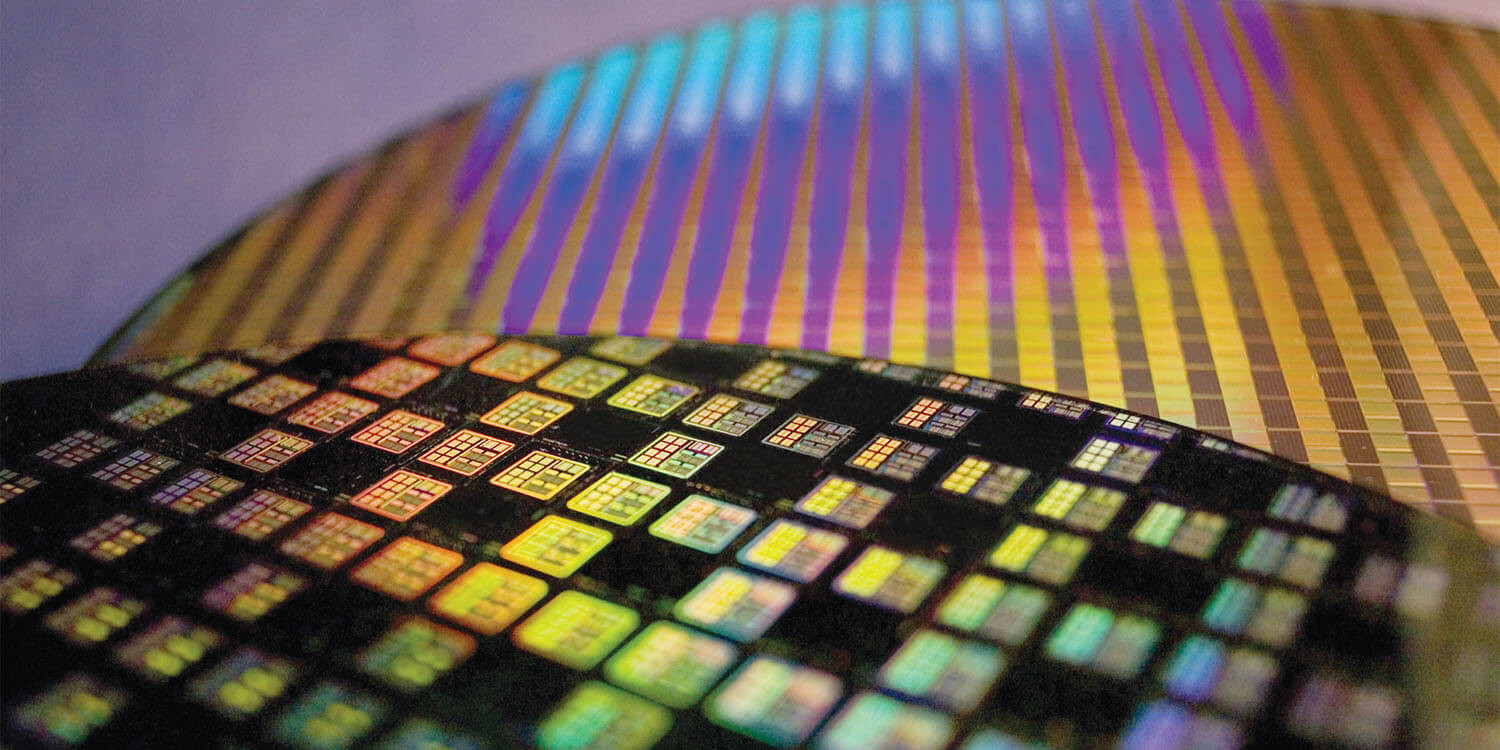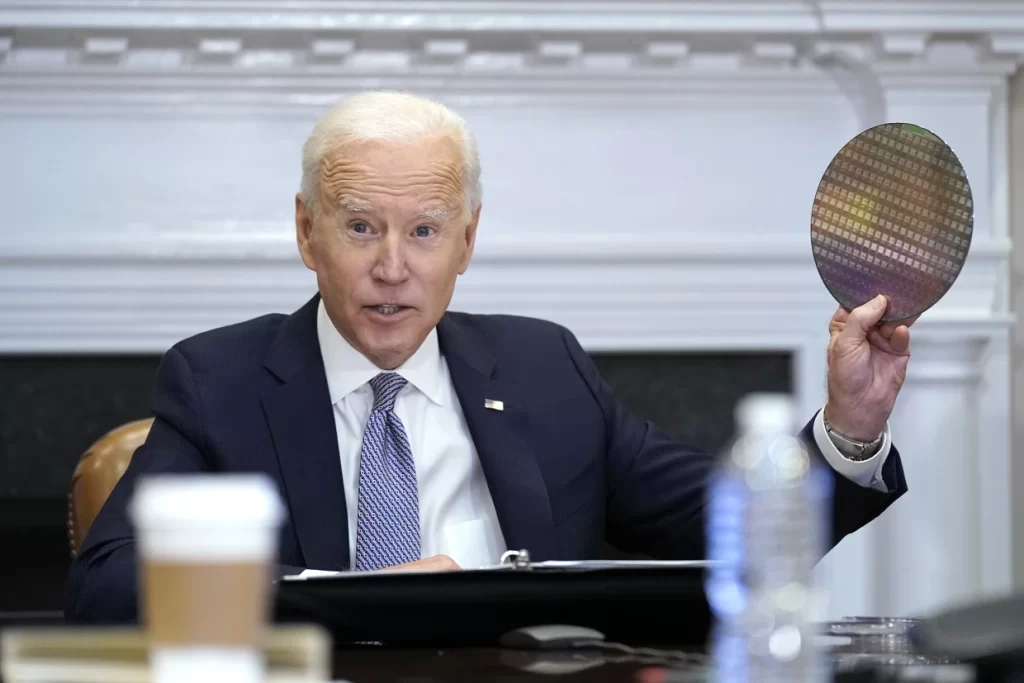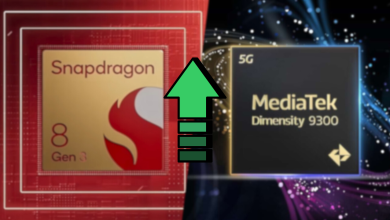US to Control Investment in China Through New Guidelines In CHIPS Act

It looks like the US-China semiconductor hostilities has elevated after the US Department of Commerce issued a notice of proposed rule-making for the CHIPS Incentives Program’s guidelines, stating that the US government will prevent grant recipients from investing in the development of semiconductor manufacturing in foreign countries of concern, including China, Russia, Iran, and North Korea.
For a period of 10 years, the defined regulations prohibit any major transactions that would result in a large growth of production capacity for cutting-edge and sophisticated facilities in nations of concern. A material expansion is defined as an increase in the production capacity of advanced technology by 5%, and a substantial transaction has a monetary threshold of $100,000 USD.

In addition, the guidelines prevent the establishment or growth of legacy technology facilities in nations of concern. Recipients of the grant cannot increase the facility’s production capacity of mature technology by more than 10% via the addition of new production lines or through increased capacity. It is made clear in the official paper that technology older than the 28nm process are considered obsolete.
The CHIPS Act, passed by the US government last year to promote semiconductor development throughout the country, provides the framework for these regulations. Companies like TSMC, who took advantage of this opportunity, expanded by leaps and bounds, building massive semiconductor fabrication facilities.
China Also Joins the “Incentive” Race, Offering Subsidies to Various Local Tech Companies
As the US tightens its restrictions on access to cutting-edge technology, China (via Financial Times) is easing access to subsidies for a select group of its most prosperous semiconductor firms and giving them greater authority over state-funded research.
The government last month restructured its tech policy with the establishment of a new Communist party scientific committee and a revitalized Ministry of Scientific and Technology. As a result, the government is now encouraging tighter collaboration with a small number of businesses.
According to sources with knowledge of the situation, the regulatory change will favor equipment providers Naura and Advanced Micro-Fabrication Equipment Inc China as well as chipmakers Semiconductor Manufacturing International (SMIC), Hua Hong Semiconductor, and Huawei.
Even while the split between the United States and China has had widespread negative effects, it has also helped local sectors expand, leading to increased competitiveness and a subsequent technological race.
Source: DigiTimes





